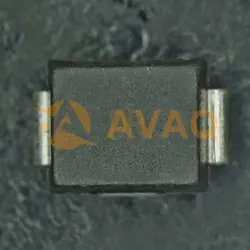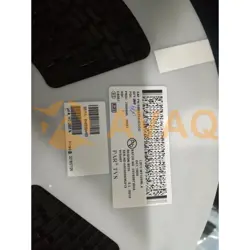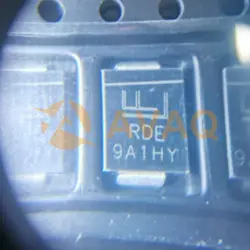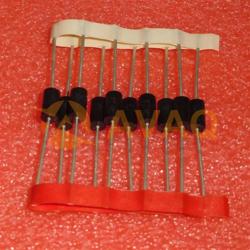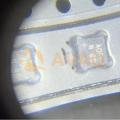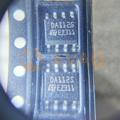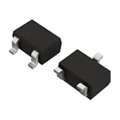
Soppressori ESD/Diodi TVS
ESD Suppressors, also known as TVS Diodes (Transient Voltage Suppression Diodes), are specialized semiconductor devices designed to protect sensitive electronic components and circuits from Electrostatic Discharge (ESD) and other transient voltage events. They provide voltage clamping to limit the voltage across protected components during ESD events, offering fast response times to divert excess current away from sensitive circuits. With bidirectional protection and low capacitance, ESD Suppressors ensure minimal signal degradation and preserve signal integrity in high-speed data lines and sensitive analog signals. These compact devices find widespread application in smartphones, laptops, integrated circuits, sensors, and industrial automation systems, serving as a critical safeguard against ESD events and transient voltage disturbances. Prominent manufacturers of ESD Suppressors and TVS Diodes include Vishay, ON Semiconductor, Littelfuse, Bourns, and STMicroelectronics. From Avaq online store, you can view the stock, price, datasheet PDF of all kinds of ESD Suppressors / TVS Diodes listed below.
Tipi di Protezione del circuito
![favicon favicon]() FAQ
FAQ
- What are ESD Suppressors / TVS Diodes?
- ESD Suppressors, also known as TVS (Transient Voltage Suppression) diodes, are electronic components designed to protect sensitive electronic devices from electrostatic discharge (ESD) and transient voltage spikes.
- How do ESD Suppressors / TVS Diodes work?
- ESD suppressors provide a low-resistance path for transient currents caused by ESD or voltage spikes. They quickly shunt excessive voltage away from sensitive components, preventing damage.
- Where are ESD Suppressors / TVS Diodes used?
- Consumer Electronics: Smartphones, tablets, computers, TVs. Industrial Equipment: Automation systems, sensors, control boards. Automotive: Vehicle electronics, infotainment systems. Medical Devices: Medical equipment and instruments. Aerospace: Avionics and communication systems.
- How do I choose the right ESD Suppressors / TVS Diodes for my application?
- Consider factors like voltage rating, clamping voltage, response time, signal type (analog or digital), and package size. Consult datasheets and manufacturer resources for guidance.


